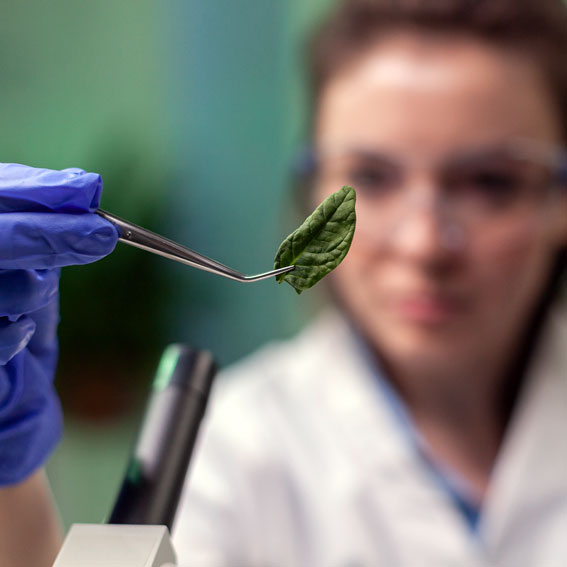About ASPS
About Asian Phytopathological Society
The Asian Phytopathological Society (ASPS) is developed to advance the understanding, research, and management of plant diseases in the Asian region. ASPS aims to foster collaboration, knowledge exchange, and innovation among phytopathologists, researchers, educators, and industry professionals in order to enhance crop health, sustainable agriculture, and food security.
Mission Statement
The mission of the Asian Phytopathological Society (ASPS) is to promote excellence in phytopathological research, education, and outreach in the Asian region. By fostering collaboration, knowledge sharing, and innovation, ASPS aims to advance the understanding and management of plant diseases, contributing to sustainable agriculture, enhanced crop health, and food security for the benefit of present and future generations.
Objectives
-
Promote Research and Innovation: Encourage and support scientific research on plant diseases, their causes, and their impact on agricultural systems in the Asian region. Foster the development and adoption of innovative solutions and technologies for disease management and prevention.
-
Knowledge Dissemination and Education: Facilitate the dissemination of knowledge and advancements in phytopathology through conferences, symposiums, workshops, publications, and other educational platforms. Promote continuous learning, professional development, and capacity building among members and stakeholders.
-
Collaboration and Networking: Foster collaboration and networking among phytopathologists, researchers, and industry professionals across Asian countries. Encourage the exchange of ideas, expertise, and resources to address common challenges in plant disease management.
-
Policy Advocacy and Outreach: Act as a voice for phytopathologists and advocate for evidence-based policies and practices related to plant disease management, plant health, and agricultural sustainability. Enhance public awareness and understanding of plant diseases and their impact on food production, environment, and socio-economic well-being.








